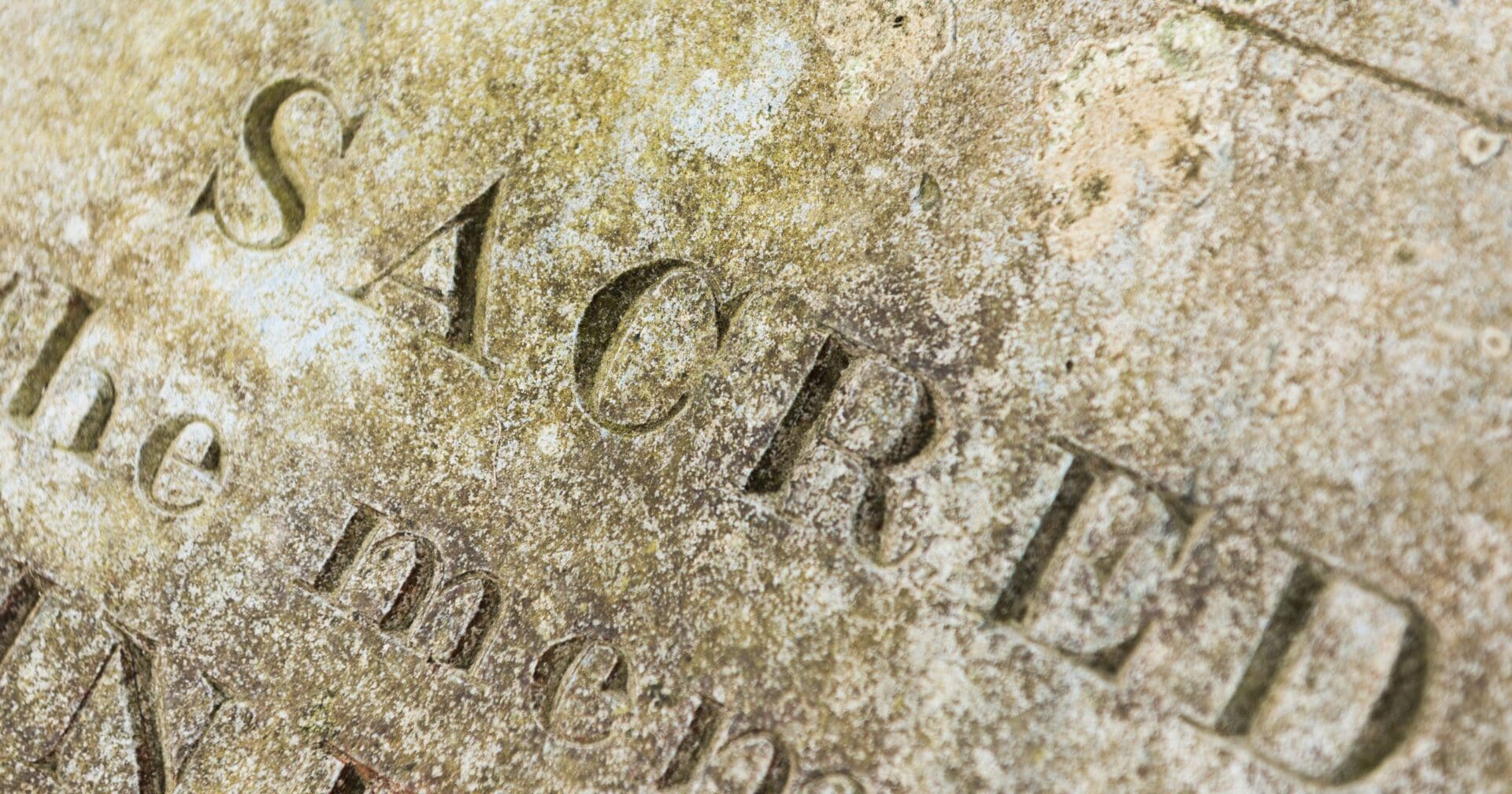Archaeologists have uncovered the remains of a long-forgotten medieval Catholic church near Munich, Germany.
The discovery was made during routine construction work by the Federal Office for Radiation Protection (BfS) in Oberschleißheim, a suburb north of Munich. The find is thought to date back to between the 9th and 13th centuries.
The excavation revealed the foundations of a church, along with traces of several medieval structures, including houses, ovens, pit houses, and earth cellars. Approximately 20 human burials were found surrounding the church, with another burial pit located beneath the church’s former floor. These types of burials, particularly those within the church, were reserved for high-status individuals, a rarity during the early Middle Ages.
Dr. Jochen Haberstroh, Deputy Head of the Department of Archaeological Heritage at the Bavarian State Office for Monument Protection, told Medievalists that “the discovery of this settlement helps us better understand the history of the region during the time of Munich’s founding.”
Historical research has led experts to believe that the settlement might have been known as “Wagrain,” a name that had previously been lost to history. The exact reasons for the abandonment of the settlement around the year 1300 remain unclear.
The archaeological work is expected to continue, with researchers eager to uncover more about the lives of those who once inhabited this medieval village!
Photo credit: seeshooteatrepeat / Shutterstock.com
















